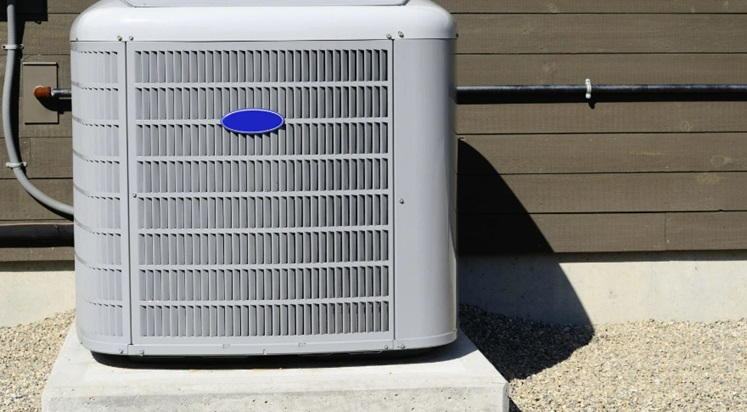Maintaining a comfortable indoor environment is essential, especially during extreme weather conditions. For residents, the reliability of an HVAC system is paramount. But how do you know when it’s time to replace your HVAC system? With regular HVAC service in Atlanta, you can keep your system running smoothly, but there comes a point when replacement is the best option. This article will guide you through the signs that indicate it’s time to replace your HVAC system and the benefits of doing so.
Age of Your HVAC System
The age of your HVAC system is one of the primary factors in determining whether it’s time for a replacement. Most HVAC systems have a lifespan of about 15 to 20 years. If your system is nearing or has surpassed this age, it’s wise to start considering a replacement. Older systems are less efficient, more prone to breakdowns, and often cost more in repairs and energy bills.
Frequent Repairs
If you find yourself frequently calling for repairs, it might be more cost-effective to replace your HVAC system. Frequent breakdowns not only disrupt your comfort but also add up in costs over time. Instead of continually investing in an old, failing system, a new unit could provide better efficiency and reliability.
Rising Energy Bills
An HVAC system that is no longer running efficiently can cause your energy bills to skyrocket. As systems age, they often have to work harder to provide the same level of comfort, consuming more energy in the process. If you’ve noticed a significant increase in your energy bills without a corresponding increase in usage, it may be time to evaluate the efficiency of your HVAC system.
Uneven Heating or Cooling
Uneven temperatures throughout your home can be a sign that your HVAC system is struggling to maintain comfort levels. If some rooms are too hot while others are too cold, your system might not be distributing air properly. This issue often points to an aging or failing system that needs replacement to ensure consistent comfort throughout your home.
Strange Noises or Odors
Unusual noises or smells coming from your HVAC system are often signs of serious issues. Grinding, squealing, or banging noises can indicate mechanical problems, while musty odors can suggest mold or mildew in the system. These issues can affect not only the efficiency of your system but also the air quality in your home. If you notice any of these signs, it’s time to consult with an HVAC professional.
Poor Indoor Air Quality
An old HVAC system can negatively impact your indoor air quality. If you or your family members are experiencing more frequent respiratory issues, allergies, or other health problems, your HVAC system might be to blame. Newer systems come with advanced filtration and humidity control features that can significantly improve the air quality in your home.
Technological Advancements
HVAC technology has advanced significantly over the past few years. Modern systems are more energy-efficient, offer better temperature control, and include smart features that allow you to manage your home’s climate remotely. Upgrading to a new system can provide these benefits, making your home more comfortable and reducing your energy consumption.
Consider Your Options
When deciding to replace your HVAC system, it’s important to consider the various types of systems available. Each has its own benefits and can be tailored to fit your specific needs. For more information on different types of HVAC systems and their benefits, you can refer to this informative guide.
Conclusion
Knowing when to replace your HVAC system can save you from unexpected breakdowns, high energy bills, and discomfort. By paying attention to the signs, such as the age of your system, frequent repairs, rising energy costs, uneven heating or cooling, strange noises or odors, and poor indoor air quality, you can make an informed decision about when to upgrade. Regular HVAC service can help maintain your system’s performance, but when replacement becomes necessary, it can lead to better efficiency, comfort, and air quality in your home.



